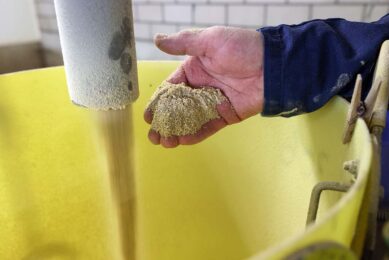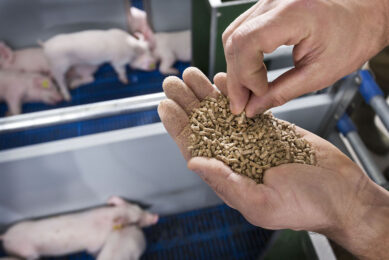Inhibiting Salmonella growth in pigs
Agricultural production and the feed industry continue to suffer from losses caused by contamination with pathogenic bacteria and the associated consequences in livestock, such as reduced weight gain and increased mortality.
Under such conditions, acidifiers consisting of organic acids or their salts offer a promising strategy to maintain feed quality and inhibit the growth of pathogenic bacteria inside the animal. The use of acidifiers has long been applied to both feed and food, where they prevent the growth of many microorganisms which reduce the nutritional quality and impair palatability, as well as cause infection.
A recent study (PhD thesis at the University for Veterinary Medicine, Hanover, Germany, 2007) also demonstrated the potential of potassium diformate (Formi), in combination with coarse grinding of the feed, to inhibit the growth of Salmonella in pigs.
With this combination it was possible to lower the excretion of Salmonella remarkably during the fattening period. The use of FORMI also led to a significantly lower Salmonella prevalence in the Lnn. Ileocaecales of grower pigs and statistically lower caecal pH-values as well as higher levels of propionate and butyrate in the caecum at slaughter. Further studies proved that the short chain fatty acids propionate and butyrate can inhibit the expression of invasive genes of Salmonella.
Related Website
• Addcon
©
Join 18,000+ subscribers
Subscribe to our newsletter to stay updated about all the need-to-know content in the pigsector, three times a week. Beheer
Beheer










 WP Admin
WP Admin  Bewerk bericht
Bewerk bericht